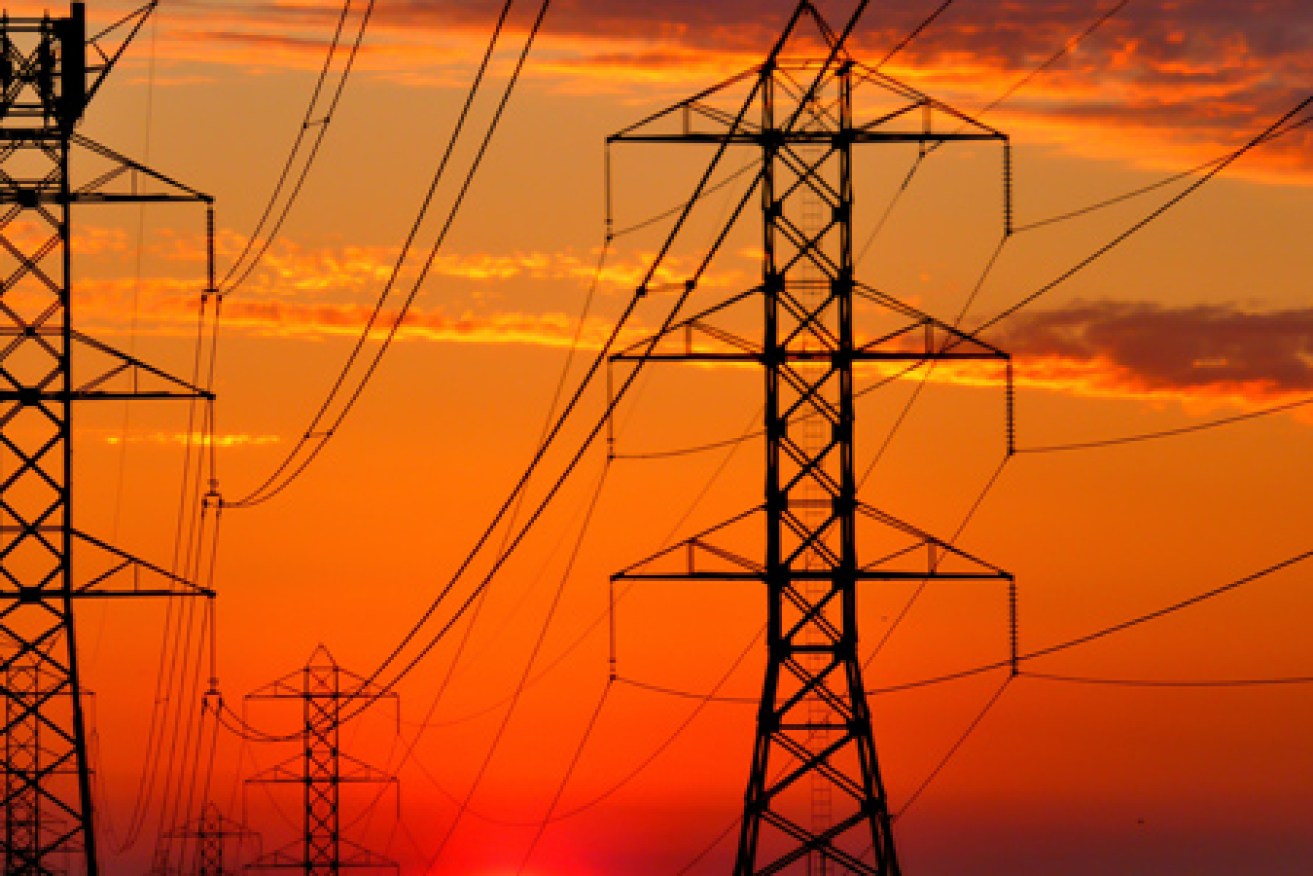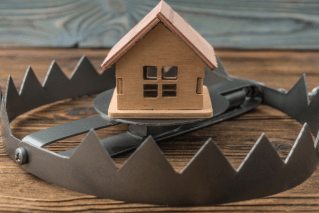Government urged to act on deaths caused by weak energy standards in homes


Energy standards must be improved to protect households from extreme weather conditions. Photo: Getty
Extreme hot and cold weather will lead to more preventable deaths unless governments fast track plans to improve the energy efficiency of millions of homes, community groups have said.
The Australian Council of Social Service (ACOSS) and 39 other community groups argued in an open letter to the nation’s energy ministers that governments needed to act swiftly to protect low-income households from severe weather conditions.
Current energy efficiency standards mean homes cost a fortune to run, the groups said.
And that means many low-income Australians cannot afford the costs of maintaining a healthy room temperature during periods of extreme weather, and are sometimes “dying as a result”.
“It’s a genuine national emergency to make our homes safe and fit for purpose, and the first thing [we should do] is [introduce] minimum energy standards for rental homes,” Rob Murray-Leach, head of policy at the Energy Efficiency Council, told The New Daily.
“Getting COAG (the Council of Australian Governments) to agree that that should be a priority is a really big issue.”
According to the Energy Efficiency Council, more than 3000 Australians are estimated to die each year during periods of extreme hot and cold weather.
That’s almost double the number of lives lost in road accidents.
Introducing minimum energy efficiency standards for rental properties would go a long way towards reducing that number, Mr Murray-Leach said.
Firstly, because it would make it easier for tenants to maintain a healthy room temperature.
And, secondly, because it would reduce energy costs so that more people could afford to use heating and cooling systems.
“The second [major policy needed] is genuine support for low-income households, including upgrading the various forms of public and community housing,” Mr Murray-Leach said.
The UK and New Zealand have already passed legislation requiring rental homes to meet minimum energy efficiency standards.
The UK’s laws came into effect in April 2018, while New Zealand’s are set to come in some time next year.
Other parts of the world have also made significant strides in improving energy efficiency, Mr Murray-Leach said, but “Australia is a long way behind”.
“Most people don’t realise how terrible the standards are for rental homes,” Mr Murray-Leach said.
“New homes have to be built to a certain standard, but you can rent out any piece of sh-t at the moment. It’s quite extraordinary.”
According to the Department of Environment and Energy, new homes have an average energy rating of 6.1 stars, while existing homes have an average rating of just 1.7 stars.
“Currently, we don’t have a rating tool [for existing homes],” Kellie Caught, senior adviser for climate and energy at ACOSS, told The New Daily.
“So part of the plan is to develop a rating tool, so then you can sort of say, OK, by 2025, we want all houses to be at a five-star rating, and by 2030, they’ll all be at an eight-star.”
The introduction of minimum energy standards for rental properties would likely force landlords into boosting insulation and fixing ceiling and window draughts, Ms Caught said.
“But it’s the big-ticket items – like hot water systems, efficient air-conditioning or reverse-cycle – that will make the biggest difference to people.”
Government figures show current minimum efficiency standards for appliances already save the average Australian household between $140 and $220 each year.
Which is why Ms Caught says governments offer financial support to landlords and low-income owner-occupiers who buy energy-efficient appliances.
“You could tweak the tax system to incentivise and support landlords to be replacing [these] with high energy-efficient products,” she said.
The community groups’ open letter comes before COAG’s Energy Council meeting on Friday.
As well as addressing the energy efficiency of existing homes, the council must give more support to the Australian Energy Market Operator and provide greater clarity over the country’s future energy direction, according to professional services firm EY.
EY’s energy transition leader Matt Rennie said governments need to spend billions of dollars improving the country’s energy grid to prevent it from “falling into disarray”.
“Ultimately, it’s the lack of co-ordinated action over the last 15 years that’s driven up our monthly power bills to eye-watering levels,” Mr Rennie told The New Daily.
“What energy ministers should consider at tomorrow’s COAG meeting is the impact of the mixed messages that are battering consumers, investors and energy players.
“The AEMC needs to work closely with the AEMO to develop a set of cohesive market rules thinking about consumers and investors which reflect where the energy system needs to go.”










